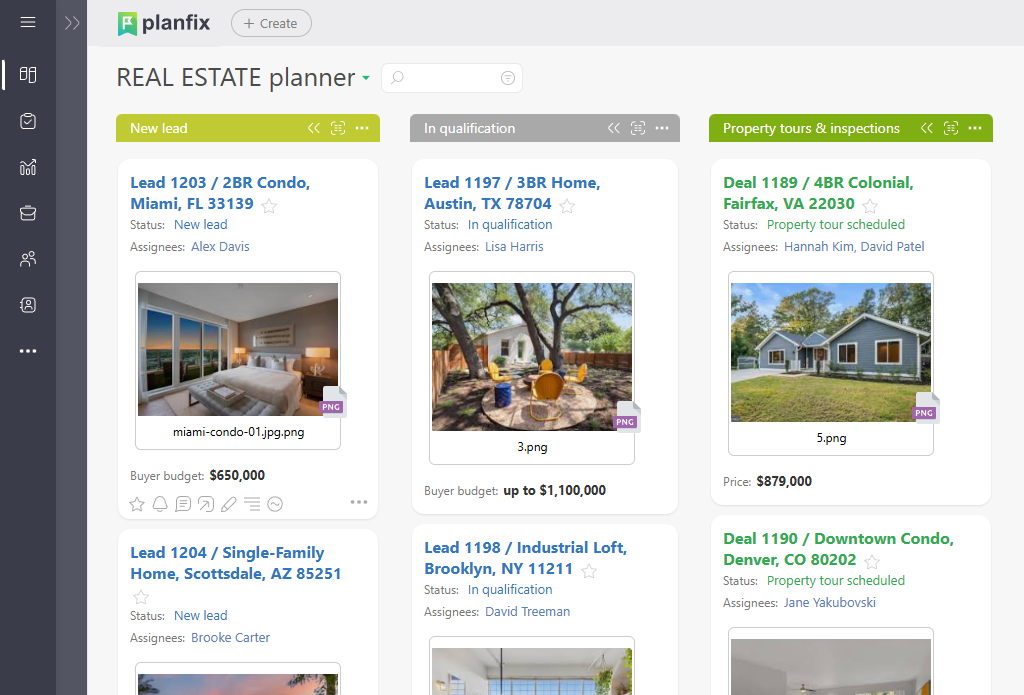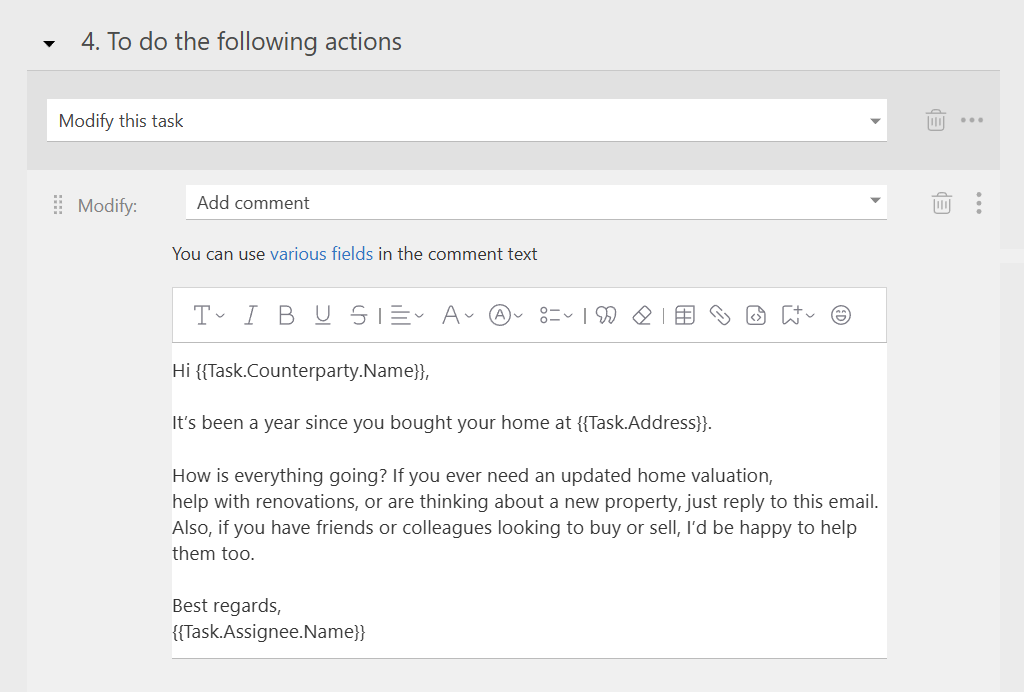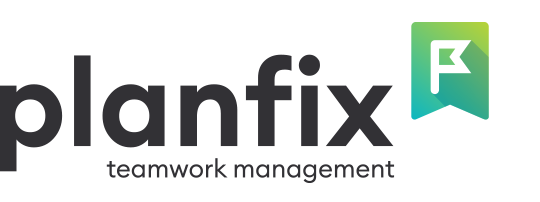
- What Is a CRM in Real Estate?
- Why Real Estate Professionals Need a CRM?
- Benefits of Using a CRM in Real Estate
- Choosing the Right CRM for Your Real Estate Business
- Setting Up Your Real Estate CRM
- Practical Applications of a CRM in Real Estate
- Maximizing Your CRM: Avoiding Pitfalls and Best Practices
- Scaling Your Real Estate Business with a CRM
Real estate professionals juggle countless tasks, from nurturing leads to closing deals, all while maintaining strong client relationships. A CRM system in real estate can streamline these processes, saving time and boosting efficiency. Whether you’re an agent, broker, or developer, understanding how to use CRM for real estate is key to staying organized and competitive. This guide explores what is a CRM for real estate, its benefits, and practical steps to implement it effectively, offering actionable insights to enhance your workflow.
What Is a CRM in Real Estate?
To understand what does CRM stand for in real estate, CRM stands for Customer Relationship Management—a software solution that organizes client interactions, leads, and transactions. In real estate, a real estate CRM software is tailored to industry needs, such as capturing leads from property portals, tracking deals, and integrating with Multiple Listing Services (MLS). Unlike generic CRMs, these platforms centralize critical data like client preferences, property details, and communication logs.
A real estate management system powered by CRM helps professionals stay proactive. For example, an agent can track a lead from an initial inquiry at an open house to a signed contract, ensuring no detail is missed. By streamlining these processes, CRMs answer what is real estate software by offering a cohesive platform to manage the industry’s complexities.
Why Real Estate Professionals Need a CRM?
The real estate industry demands juggling multiple clients, properties, and deadlines. A CRM provides tools to automate tasks, organize data, and enhance client engagement, addressing how to manage real estate effectively. The question what is the best CRM for real estate industry depends on your goals, but any CRM’s core value lies in saving time and improving outcomes.
CRMs allow agents to prioritize relationship-building over administrative work. For brokers, they offer team oversight and performance insights, answering how to manage a real estate office. Developers can align client communications with project timelines. Without a CRM, missed leads or disorganized deals can hurt your business, making these tools essential for staying competitive.
Benefits of Using a CRM in Real Estate
A CRM for real estate delivers significant advantages by simplifying workflows and enhancing client interactions. These systems help professionals manage leads, transactions, and marketing with greater ease. Below, we outline key benefits to show why CRMs are vital for success.
Centralized Data Hub
A CRM acts as a single repository for all client-related information, including contact details, communication histories, property preferences, and deal statuses. This eliminates the need for scattered spreadsheets or disparate tools, ensuring agents can quickly access critical data, such as a client’s budget or preferred location, during a call or meeting. For example, an agent can pull up a client’s past inquiries to tailor a property showing, improving efficiency and personalization. Centralized data also supports team collaboration, as brokers can share client profiles with agents, streamlining workflows and reducing miscommunication.
Automation for Efficiency
Automation is a defining feature of what is CRM software in real estate, enabling agents to offload repetitive tasks. CRMs can automatically send follow-up emails, schedule reminders for property showings, or assign new leads to team members based on predefined rules. This reduces manual work, allowing agents to focus on high-impact activities like negotiating deals or building client relationships. For instance, an agent might set up an automated drip campaign to send weekly market updates to leads, keeping them engaged without daily effort. By streamlining these processes, CRMs save hours each week, boosting overall productivity.
Higher Lead Conversion
CRMs enhance lead conversion by providing tools to track and prioritize prospects. Features like lead scoring analyze behavior, such as website visits or email opens, to identify high-potential clients, helping agents focus their efforts. Automated follow-ups ensure timely engagement, critical in a competitive market where delays can lose deals. For example, a CRM might trigger a text message to a lead who viewed a listing online, prompting a quick response. These capabilities address what is the best real estate CRM by driving measurable results, turning more leads into closed deals.
Stronger Client Connections

Personalized service is a cornerstone of real estate success, and CRMs enable this by storing detailed client profiles. Agents can track preferences, such as a client’s desired school district or home features, and use this data to tailor communications, like sending curated property listings. CRMs also facilitate long-term relationship-building through automated touchpoints, such as birthday greetings or home purchase anniversary messages. This level of personalization fosters trust and encourages referrals, ensuring clients feel valued beyond the transaction and reinforcing the CRM’s role in client retention.
These benefits collectively streamline operations. By adopting a CRM, professionals can work smarter, ensuring they meet client needs while scaling their business.
Choosing the Right CRM for Your Real Estate Business
Selecting what is the best CRM system for real estate involves aligning the platform with your specific workflow, goals, and budget. With options ranging from cost-effective tools like LionDesk to enterprise-grade solutions like Salesforce, the right CRM can transform how you manage leads, transactions, and client relationships. Factors like ease of use, integration capabilities, and scalability are critical to making an informed choice. For instance, a solo agent may prioritize simplicity and affordability, while a brokerage might need advanced analytics and team management features. To ensure the CRM meets your needs, testing free trials is essential to answer which CRM is best for real estate for your unique context.
When evaluating CRMs, focus on features that enhance your daily operations and integrate seamlessly with existing tools. A well-chosen CRM becomes a cornerstone of efficient operations, streamlining tasks and improving client interactions. Below are key features to consider when selecting a CRM for your real estate business:
- Lead Capture Tools: Look for platforms that collect leads from diverse sources, such as websites, social media, or property portals, ensuring seamless integration with your marketing channels.
- Automation Capabilities: Prioritize CRMs with robust options for automating emails, text messages, and task assignments, reducing manual work and keeping your pipeline active.
- Mobile Accessibility: Choose a CRM with a reliable mobile app, allowing you to manage leads, tasks, and communications while on the go, essential for fieldwork.
- Integration Support: Ensure compatibility with tools like MLS, email platforms, or what is the best accounting software for real estate, creating a cohesive tech stack.
- Customizable Pipelines: Opt for systems that allow you to tailor deal stages to match your sales process, such as “New Lead” or “Closing,” for better organization.
- Analytics and Reporting: Select CRMs with reporting tools to track lead conversion rates, campaign performance, and team productivity, providing actionable insights.
These features ensure your CRM aligns with your operational needs, saving time and enhancing client engagement. By carefully evaluating these aspects, you can select a platform that supports both current demands and future growth, making it a vital asset for your real estate business.
Setting Up Your Real Estate CRM
Proper CRM setup is critical to unlocking its potential. This involves tailoring the system to your processes and ensuring your team is equipped to use it. Below, we outline practical steps to get started, supported by a structured approach.
CRMs require initial configuration to align with your business. A well-set-up system reduces manual work and enhances productivity. Here’s how to begin:
- Data Migration: Import client lists, lead databases, and property records, typically via CSV files, to centralize existing information.
- Pipeline Customization: Create deal stages like “New Lead” or “Closing” to mirror your sales process, addressing what is a CRM real estate tool’s organizational role.
- Automation Setup: Configure automated workflows, such as welcome emails for new leads or reminders for follow-ups, to streamline tasks.
- Team Training: Provide tutorials or support to ensure all users understand the CRM’s features, fostering consistent use.
Regularly review and adjust settings to keep the CRM aligned with your evolving needs. This ensures it remains a valuable tool for how to use CRM for real estate.
Practical Applications of a CRM in Real Estate
CRMs are versatile, supporting various real estate tasks from lead management to team coordination. Below, we explore practical ways to leverage a CRM, with examples to illustrate its impact.
Lead Capture and Engagement
CRMs integrate with websites, social media, and portals to capture leads. Automated drip campaigns can send tailored content, like property listings matching a lead’s budget. For example, an agent might automate weekly market updates to keep leads engaged until they’re ready to act.
Transaction Coordination
CRMs streamline document management and deadlines. Agents can store contracts, track e-signatures via integrations like DocuSign, and set closing reminders. This answers what does CRM mean in real estate by ensuring efficient deal management.
Post-Sale Follow-Ups
Maintaining client relationships post-sale drives referrals. CRMs can schedule annual check-ins or send personalized messages, like congratulating clients on their home purchase anniversary, fostering loyalty.

Team Performance Tracking
For brokerages, CRMs enable task assignments and analytics. A broker might assign leads to agents and monitor deal progress, using data to optimize team performance and addressing how to manage a real estate office.
These applications show how CRMs enhance efficiency. By implementing these strategies, you can improve client satisfaction and streamline operations.
Maximizing Your CRM: Avoiding Pitfalls and Best Practices
CRMs are powerful tools for real estate professionals, but their effectiveness depends on proper use and maintenance. Common mistakes, such as neglecting data quality or underutilizing features, can limit their impact, while consistent best practices ensure optimal performance. By addressing these challenges and adopting strategic habits, you can fully leverage your CRM to align with what is the best CRM software for real estate for your business. Below, we outline key pitfalls to avoid and practical tips to maximize your CRM’s value.
Missteps like outdated records can hinder automation, leading to missed opportunities or inefficient workflows. Similarly, many users stick to basic functions, overlooking advanced tools like analytics or automation, which reduces the CRM’s potential. Inconsistent team adoption also disrupts operations, as uneven use creates gaps in data and communication. To counter these issues and enhance your CRM’s impact, consider the following best practices:
- Regular Data Audits: Cleanse duplicate, outdated, or incomplete records monthly to ensure accurate automation and reliable client data, preventing errors in campaigns or follow-ups.
- Feature Exploration: Regularly test advanced tools, such as automation workflows or performance reporting, to unlock the CRM’s full capabilities and improve efficiency.
- Team Check-Ins: Hold brief, periodic meetings to align team members on CRM usage, ensuring consistent data entry and feature adoption across the board.
- Goal Setting: Define clear metrics, like reducing lead response time by 20% or increasing conversion rates, to track progress and optimize CRM strategies.
- User Training Updates: Schedule refresher training sessions to keep the team updated on new features or updates, fostering confidence and uniform use.
These practices help avoid common pitfalls and keep your CRM optimized, ensuring it supports your workflow effectively. By maintaining clean data, exploring features, and fostering team alignment, you can enhance client interactions, streamline operations, and drive better results in your real estate business.
Scaling Your Real Estate Business with a CRM
As your business grows, a CRM can support expansion by streamlining tasks and improving client experiences. Planfix, for instance, stands out as a global system that transcends traditional CRM for real estate. It uniquely integrates CRM, task management, project coordination, and team collaboration, making it an all-in-one solution for agents, brokers, and developers scaling their operations. Its customizable workflows and automation adapt to growing needs, ensuring seamless management of larger pipelines and teams.
To scale effectively, use your CRM to automate routine tasks, segment clients for targeted campaigns, and analyze performance metrics. For example, segmenting clients by property type allows precise marketing, while analytics can reveal top-performing lead sources. Regularly update workflows to handle increased volume, ensuring your CRM evolves with your business. By leveraging these capabilities, you can achieve sustainable growth and maintain a competitive edge, addressing what is the best real estate software for long-term success.
Ready to put these CRM practices to work in your own real estate business? Use the registration button below to set up your Planfix account and start testing them on real clients and deals.

